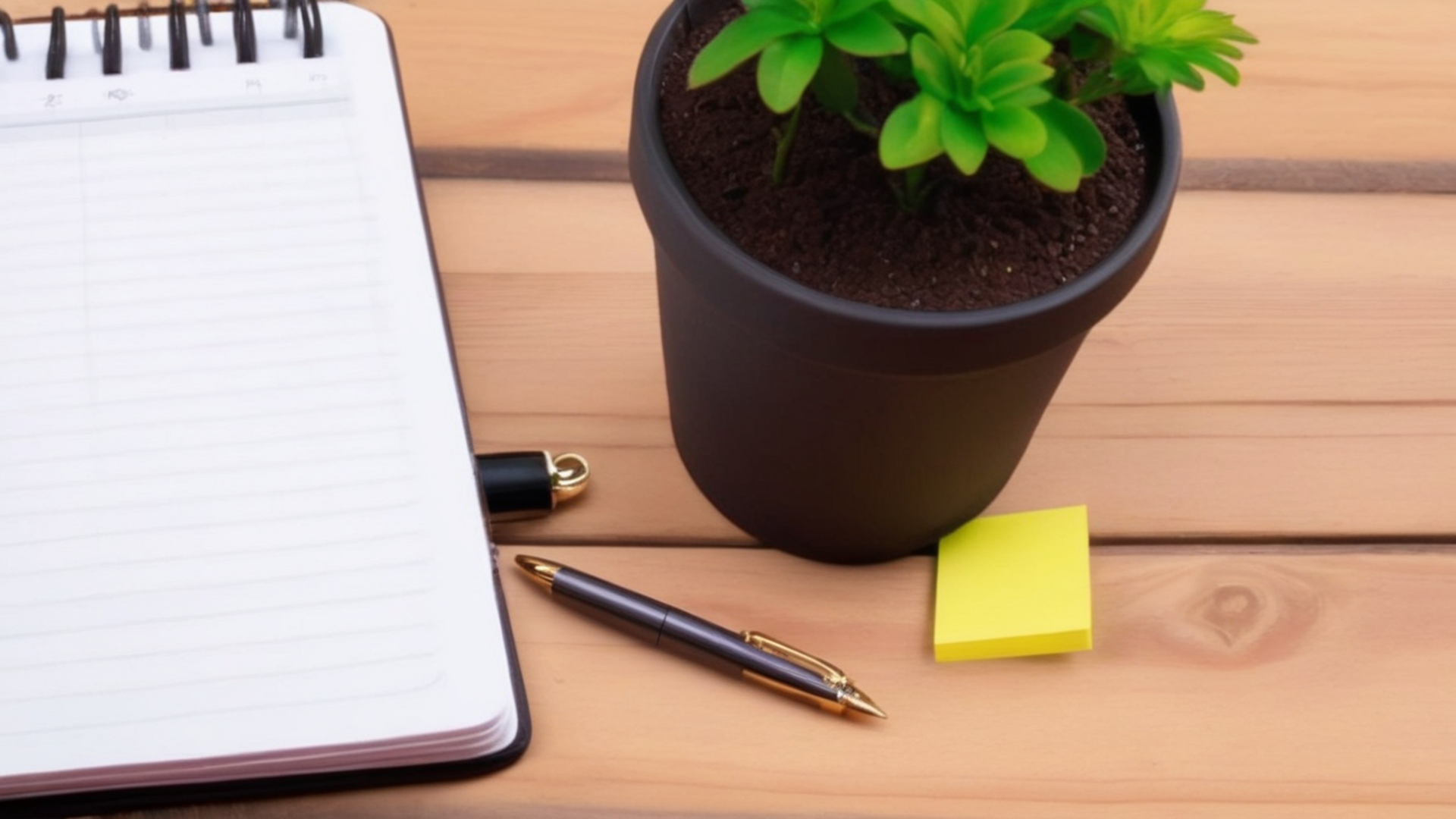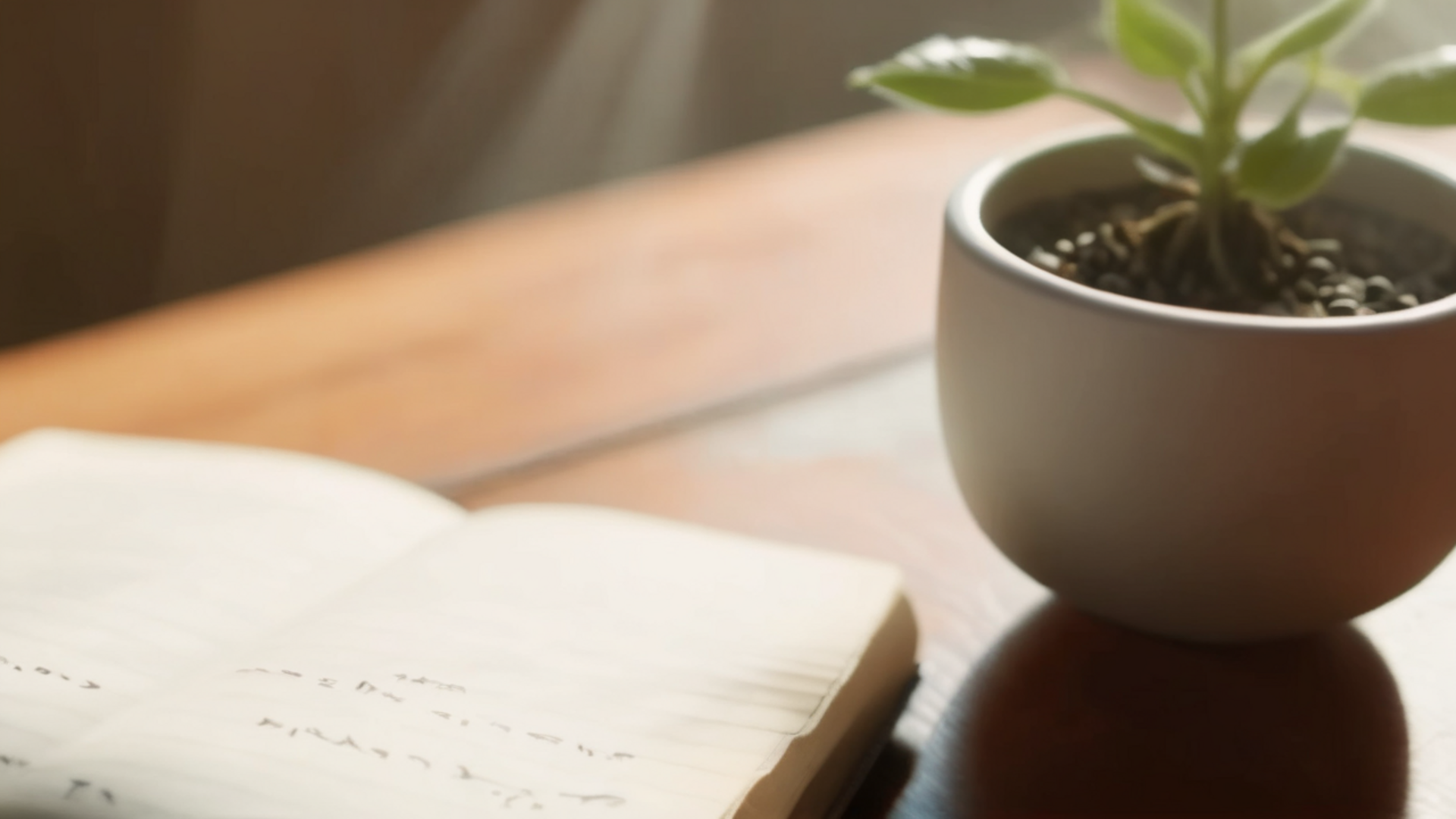Discover how minimalism can transform your mind by clarifying thoughts, enhancing focus, and fostering calm. By choosing simplicity, you create space for clarity, creativity, and genuine fulfillment.

Your Brain on Minimalism
Imagine waking up to a space where every item has purpose, where clutter doesn’t tug at your attention, and your mind feels lighter before the day even begins. That’s the power of minimalism—a lifestyle choice that’s less about aesthetics and more about rewiring how your brain operates. By intentionally living with less, you’re not just tidying up your home; you’re clearing mental real estate for clarity, focus, and calm.
Our brains are wired to seek simplicity in a world overflowing with choices. Decision fatigue sneaks up when too many trivial choices—like what to wear or where to find misplaced keys—drain mental energy. Think of Steve Jobs’ iconic black turtleneck or Mark Zuckerberg’s gray T-shirts: these weren’t just fashion statements but cognitive shortcuts. By eliminating mundane decisions, they preserved brainpower for high-stakes creativity and problem-solving. In a minimalist environment, your brain isn’t constantly juggling micro-decisions about clutter, freeing up bandwidth to tackle what truly matters.
Clutter isn’t just a visual annoyance—it’s a cognitive burden. Research shows that disorganized spaces spike cortisol levels, keeping stress and anxiety on simmer. A jam-packed room sends your brain into overdrive, processing every out-of-place item as unfinished business. Minimalism cuts this noise, replacing chaos with order. The result? A calmer nervous system and sharper focus. When your surroundings are intentional, your mind mirrors that intentionality, making it easier to stay present and productive.
There’s also a neurological payoff to living lighter. Decluttering triggers dopamine, the brain’s “feel-good” chemical, not through impulsive purchases but through the quiet satisfaction of curated spaces. Unlike the fleeting high of retail therapy, minimalist habits foster steadier joy rooted in control and purpose. Knowing your choices align with sustainability or personal values deepens this reward, linking daily habits to long-term well-being.
Embracing minimalism isn’t about deprivation—it’s about designing a life where your brain can thrive. Start small: a drawer decluttered here, a schedule simplified there. Notice how mental fog lifts, energy climbs, and guilt over unused possessions fades. Over time, these changes compound, turning minimalist living into a sanctuary for your mind. The brain, unshackled from excess, becomes a tool for creativity, resilience, and genuine contentment.
By choosing less, you’re not just making room in your closet—you’re making space for the thoughts, relationships, and goals that define who you are. In a world that equates “more” with success, minimalism quietly proves that less can be the ultimate upgrade for your brain.
- Minimalism helps rewire your brain by intentionally living with less, providing clarity, focus and calm.
- A minimalist environment frees up mental energy by eliminating mundane decisions and reducing clutter-induced stress.
- Decluttering triggers dopamine release and fosters steady joy through sustainable habits linked to long-term well-being.
KEYWORDS
stress, brain, calmMOST READ
MORE TO READ

Creating Effective Systems For Growth
Building effective systems is crucial for business growth, fostering efficiency, consistency, and adaptability. These systems ensure scalability, inform strategic decisions, and drive long-term success.

How to positive thinking
Discover how embracing positive thinking can transform your daily experiences by focusing on gratitude, reframing negative thoughts, and cultivating optimism through simple yet powerful practices.

Why Your Brain Loves Silence
Find peace and mental renewal in silence. Research shows that quiet moments nourish the mind, enhancing creativity, emotional balance, and mental clarity.

Fall in Love With Ordinary Moments
True romance isn’t about grand gestures—it’s the quiet magic of shared routines, comforting silences, and small acts of kindness that build enduring love. Find joy in life’s ordinary moments together.


